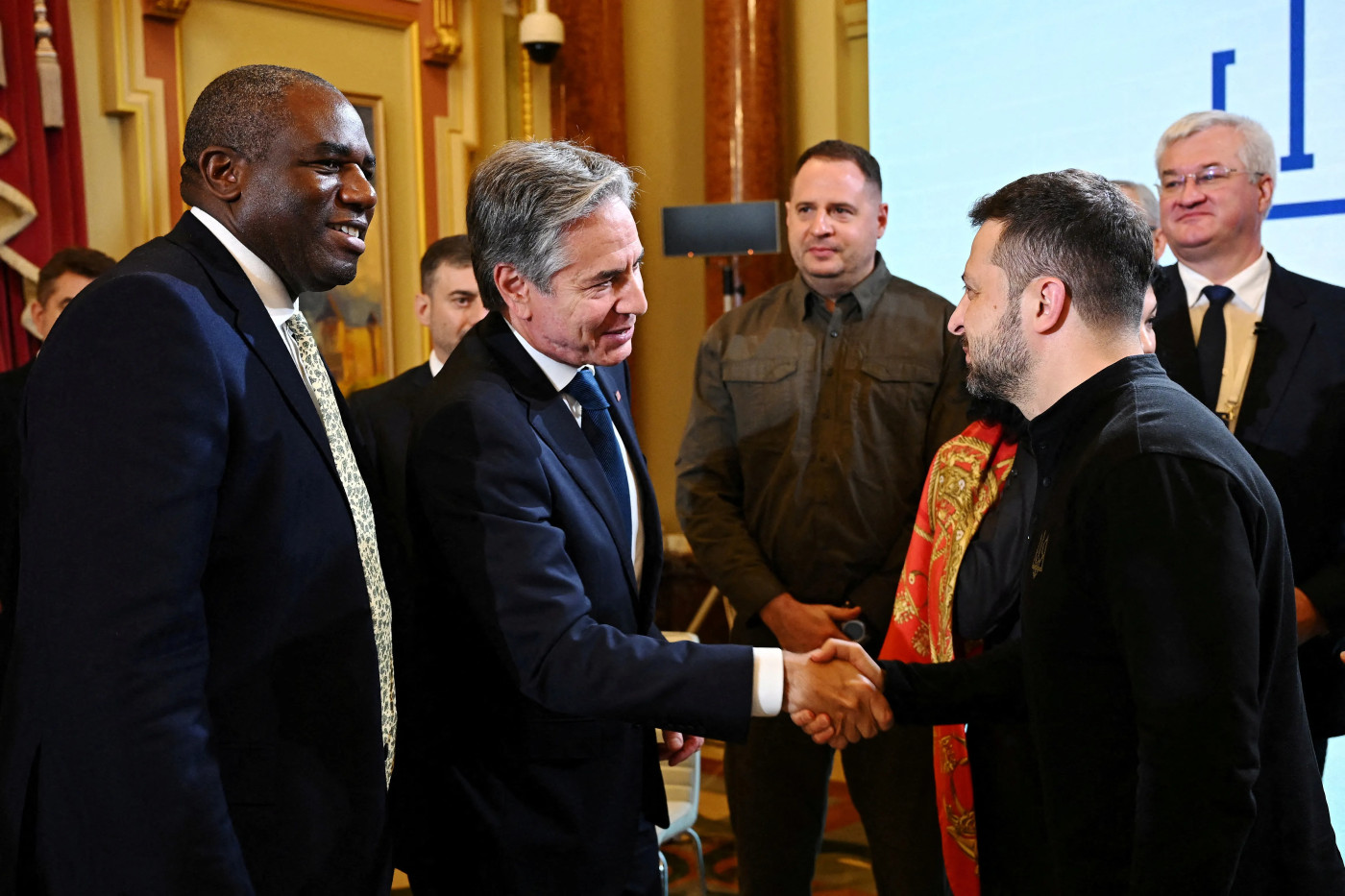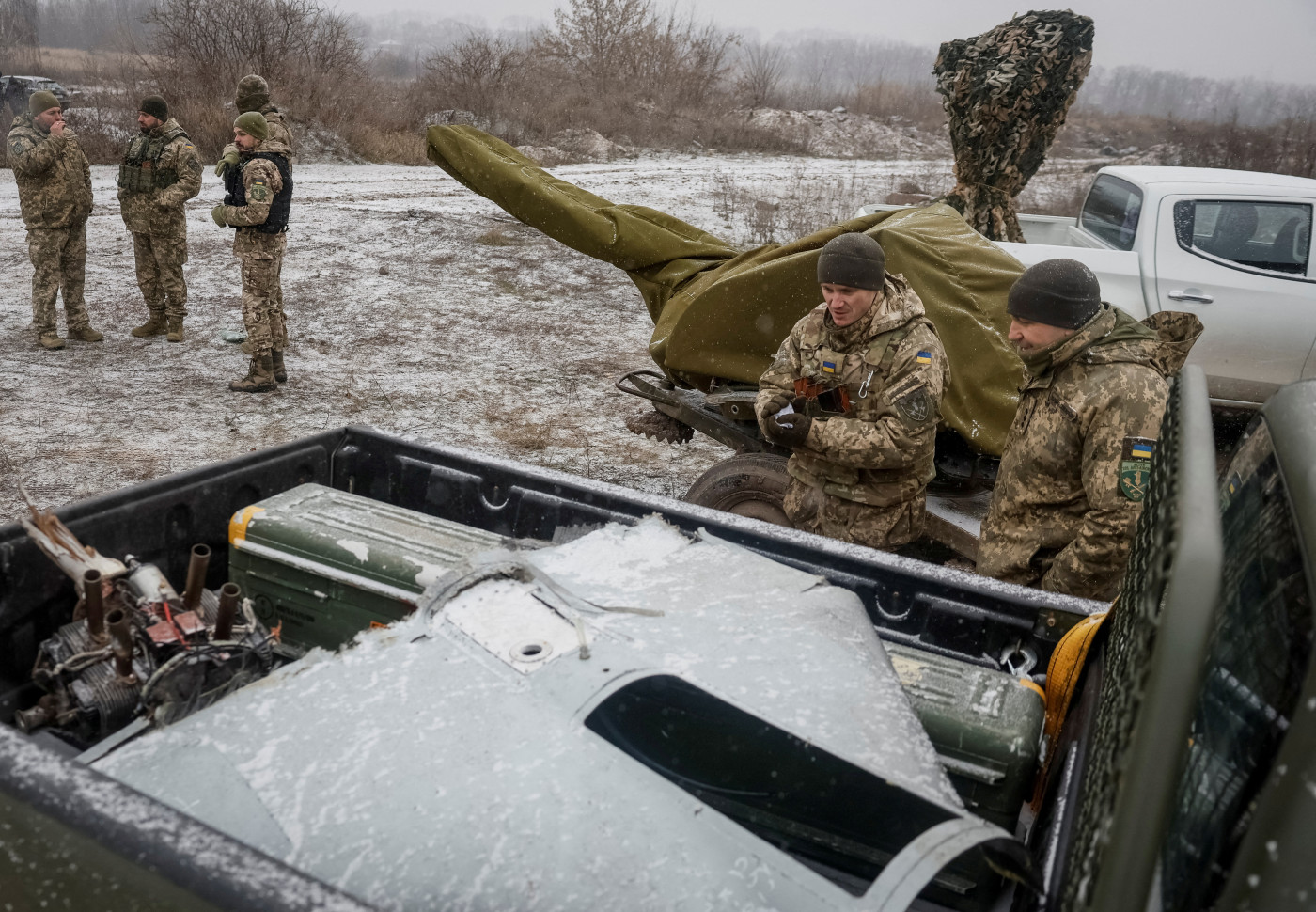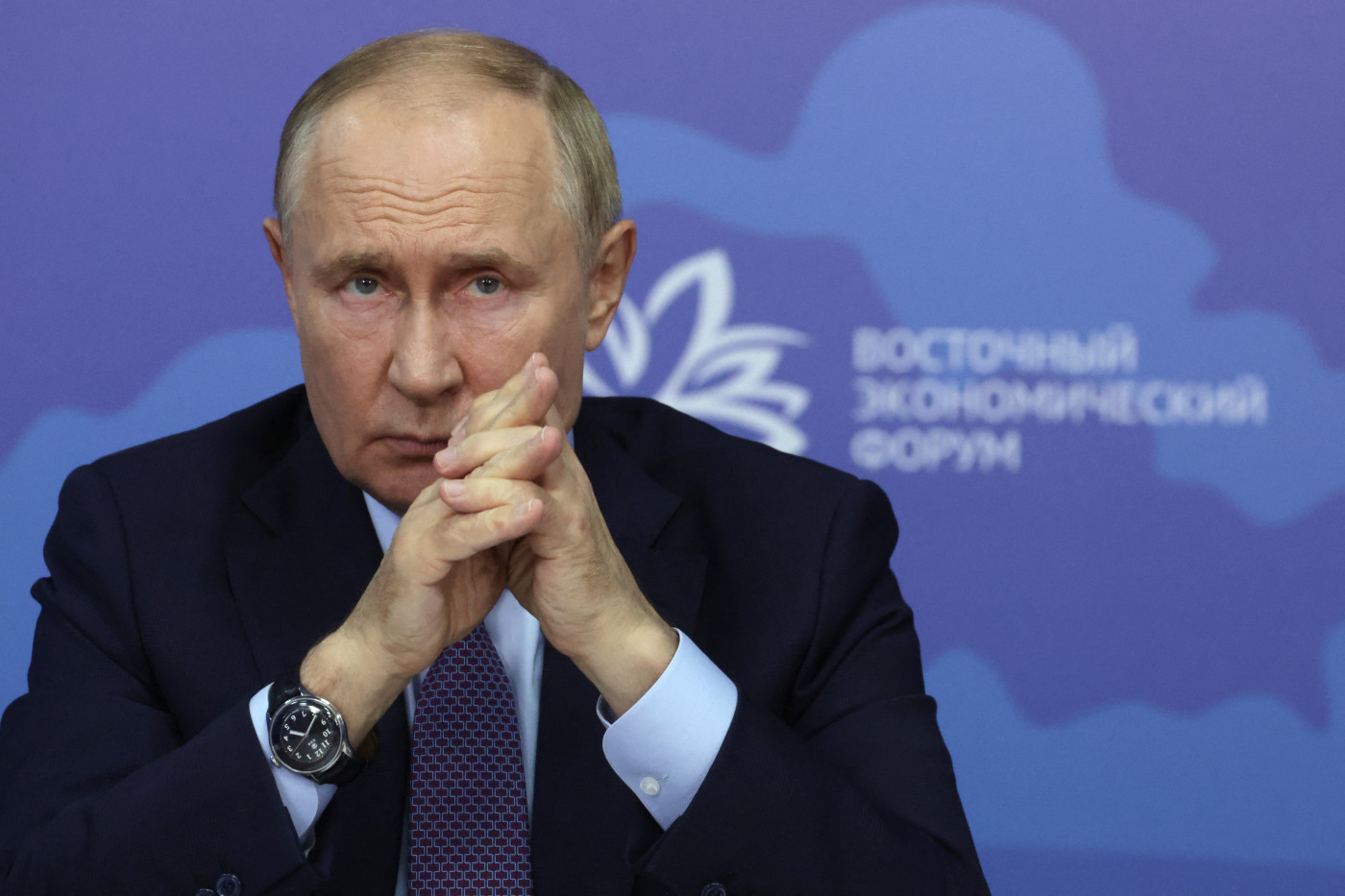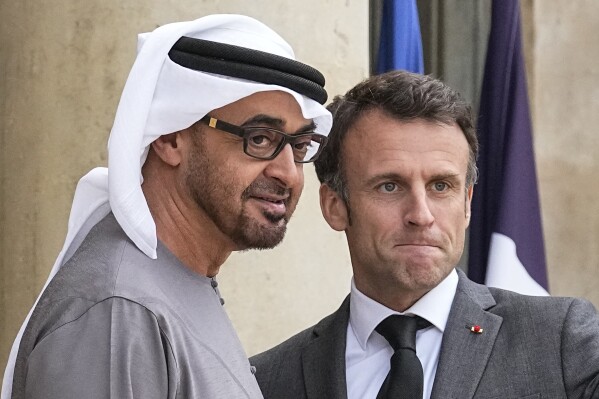Russia 'Always Open' to Ukraine Peace Talks, Putin Tells China
Russian President Vladimir Putin has told China's top envoy he is open to peace talks regarding the 31-month-old war in Ukraine, during discussions with Chinese officials.
Some 44 percent of Ukrainians now support such talks, according to a poll commissioned by Ukrainian think tank the Razumkov Center released in July—nearly double the number who took this position in a May 2023 poll. Notably, however, 76 percent said they believe Putin would only accept a deal on his terms.
Speaking in Saint Petersburg, Putin told visiting Chinese Foreign Minister Wang Yi he looks forward to seeing his "friend" Chinese President Xi Jinping at the summit of BRICS nations next month in the southwest Russian city of Kazan, according to a readout released by Russia's foreign ministry.
The five-term Russian leader praised long-standing diplomatic ties between Russia and China, describing them as "mutually beneficial and equitable for many years."
When the discussion turned to Ukraine, Putin said Russia has "always" been open to peace talks, per the Chinese foreign ministry's statement.
Putin also signaled his support for a six-point peace plan that China and Brazil had introduced earlier this year.
Unlike the broader 12-point peace proposal put forward by China in early 2023, this joint plan calls for specific actions toward achieving a peace settlement. Key points include calls for "all relevant parties" to de-escalate and refrain from expanding the battlefield.
The plan also stresses that "dialogue and negotiation" are the only "viable" means of resolving the conflict, adding that both Ukraine and Russia should participate in any international peace summit, held at an agreed-upon proper time.
China declined to attend a June peace conference in Switzerland that had been organized by Ukrainian President Volodymyr Zelensky and was attended by representatives from over 90 countries. Beijing cited the lack of an invitation to Russia as the reason for its absence.
China is resolved to keep working toward a peace settlement and will engage "rational and balanced voices" of the international community, the Chinese statement cited Wang as saying.
The Chinese and Russian foreign ministries did not immediately respond to written requests for comment.
Both belligerents in the conflict have stated preconditions for engaging in peace talks.
Ukraine has demanded the full withdrawal of Russian forces from its territory, including Crimea, which was illegally annexed by Russia in 2014. Additionally, Kyiv seeks reparations, accountability for Russian war crimes, and assurances of its sovereignty before entering into any peace negotiations.
Putin has insisted that Ukraine accept the loss of its territories, the Russian-occupied regions of Donetsk, Luhansk and Crimea. The Kremlin has also demanded Ukraine abandon its bid for NATO membership.
Then-Ukrainian Foreign Minister Dmytro Kuleba while in Beijing last month told Wang Russia was not yet prepared to engage in "good faith" negotiations to end the fighting.
China, while positioning itself as a neutral party, has refrained from labeling Russia's invasion as such and has continued to support its "no limits" partner diplomatically, economically, and domestically, scrubbing criticism of the war from Chinese social media platforms.
China has also obliquely denounced Ukraine's counteroffensive operations within Russia's border regions, such as Kursk, as "fueling the flame" and echoed Moscow's narrative that NATO is to blame for provoking the conflict.
Additionally, the world's second-largest economy has over the past two years been a bulwark for sanctions-strapped Russia amid booming Chinese exports and sales of Russian natural gas and oil. However, U.S. secondary sanctions have this year complicated trade between the countries, prompting wary Chinese banks to increasingly reject processing Russian cross-border payments in yuan.
Disclaimer: The copyright of this article belongs to the original author. Reposting this article is solely for the purpose of information dissemination and does not constitute any investment advice. If there is any infringement, please contact us immediately. We will make corrections or deletions as necessary. Thank you.



